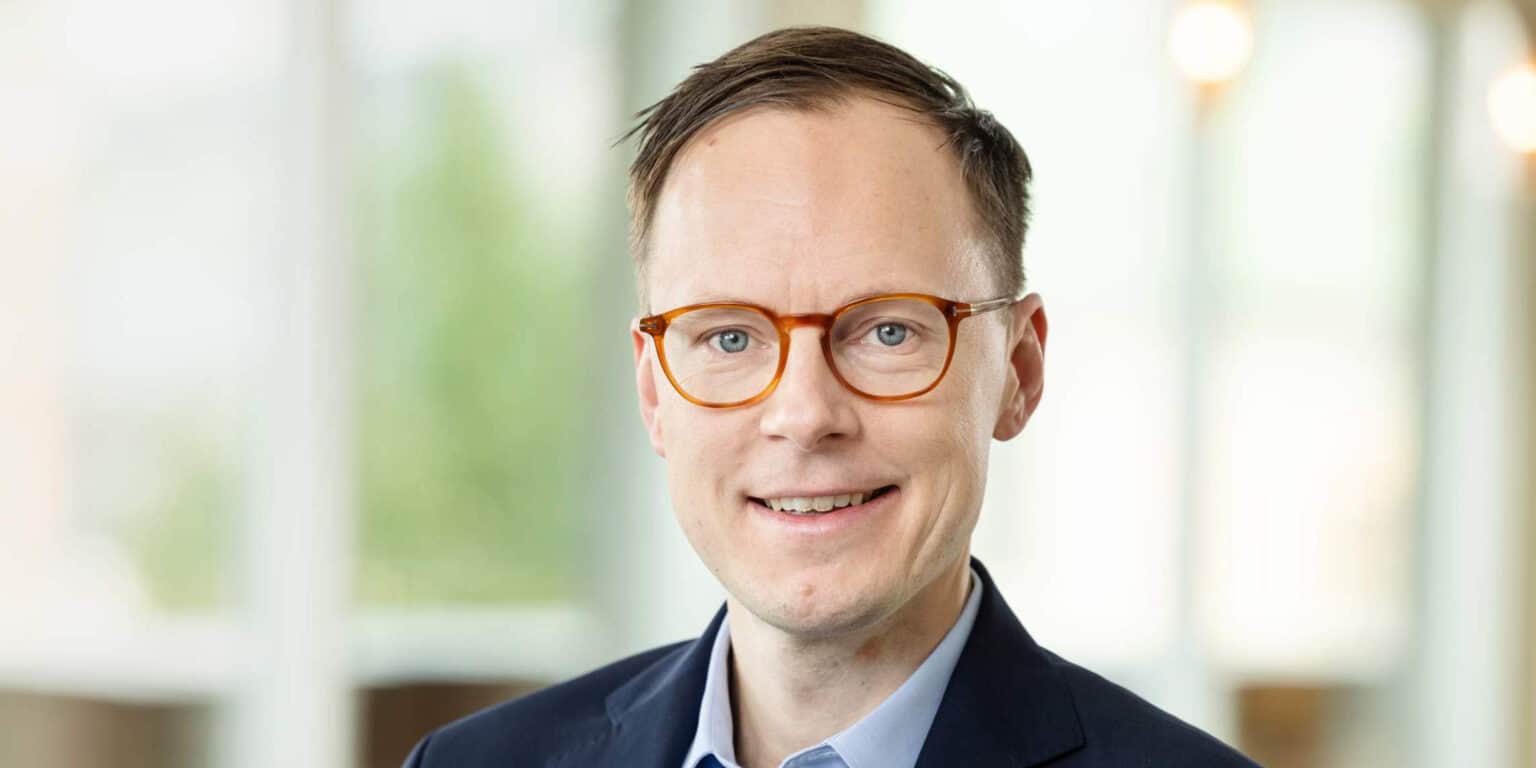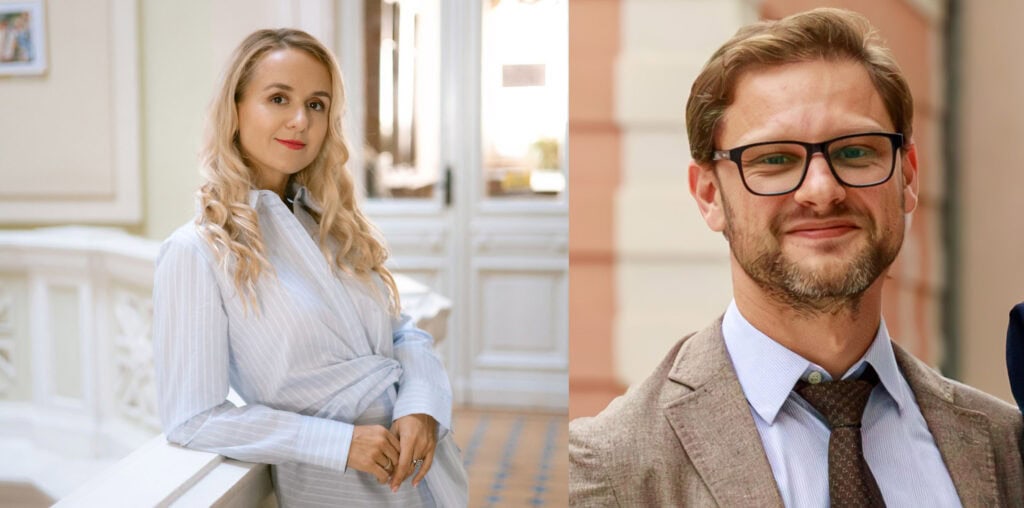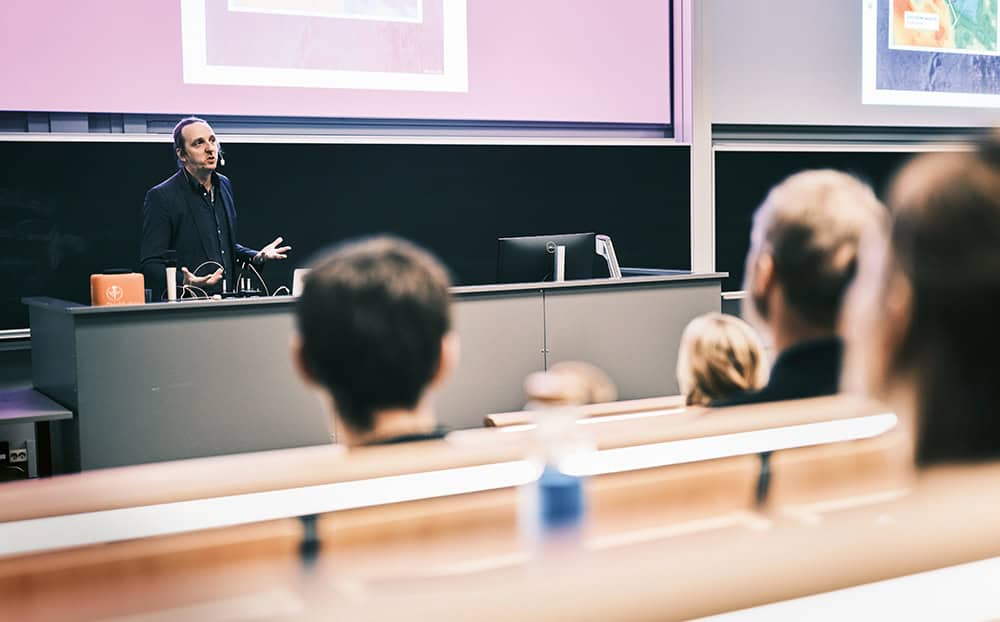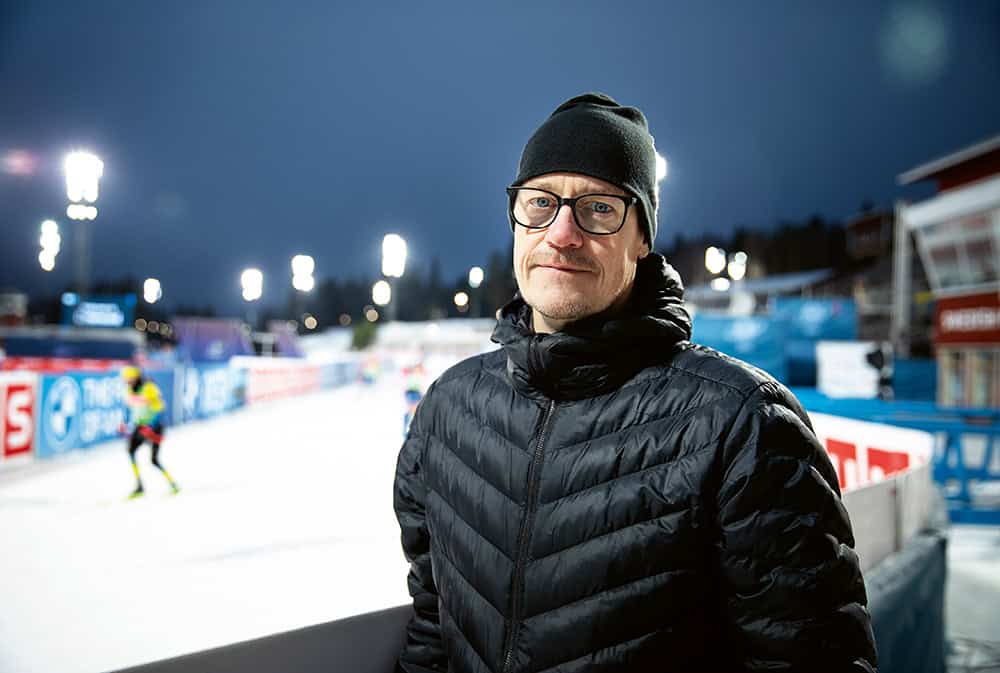The new government has just taken office after the election of 11 September, and no concrete examples of educational reforms have yet been published. He is therefore referring to long term changes, for example in the upcoming research bill.
“But I can already promise that there will be major reforms,” said minister Mats Persson when interviewed by Universitetsläraren.
News on ESS
However, Persson has quickly prioritised the issue that was at the top of his list of urgent matters, namely announcing the funding of the European Spallation Source research facility, ESS, in Lund. ESS will be given SEK 1.5 billion over a three-year period, with SEK 356 million coming in 2023 and just over half a billion in both 2024 and 2025.
“It’s important that the ESS receives the money it needs, but it’s also important that this doesn’t come at the expense of other research,” says Persson.
As Universitetsläraren has reported previously, the ESS has been delayed, its costs have increased steadily and the extra funding has become a permanent feature of the state budget. In 2022, a total of SEK 640 million was added, which is significantly more than what ESS will receive for 2023.
Lack of knowledge about ESS
In an interview in the Sydsvenskan newspaper, Persson stated that it is not a disadvantage for ESS and Max IV that he, the Minister for Education, lives in Lund. But by that he does not mean that ESS and Max IV have previously been disadvantaged by the Ministry, he says. “Not consciously, but there is an unconscious lack of knowledge about ESS. At the same time, I believe that the Swedish research community’s interest in ESS has grown.”
Regarding more long-term and general policy, the Tidö Agreement, a policy document signed by the government parties and the Sweden Democrats, states that universities and colleges ”must be governed more by principles of educational quality and scientific excellence than by pure volume targets”.
Is it your opinion that volume targets have until now been the main driving force, at the expense of quality and excellence?
“There is a conflict between concentrating resources and the higher education policy pursued by the Social Democrats, which involved major expansion and regional development considerations.”
Another point in the Tidö Agreement is that teacher training is to be reformed, a proposal that was criticised by SULF in a debate article in the newspaper Dagens Nyheter. The union sees it as an example of political interference, in violation of the academic freedom enshrined in the Higher Education Act.
A number of governments have tried to change teacher training. What can this government achieve that has not already been tried?
“We fully support academic freedom, but politicians need to take responsibility when teacher training programmes have such big problems. We need to improve the education of teachers, because teaching is such an incredibly important profession.”
The Tidö agreement states that subject teacher training should be concentrated to the ”highest ranked universities”, but Mats Persson would not be drawn on the question of which ranking would be applied in that case. “But as the regional differences between the quality of teacher training programmes are problematic, a concentration of the programmes to fewer higher education institutions might be a solution.”
Dependence on external funding
Another issue that is constantly high on the agenda in the world of research is how the financing system works, the increased dependence on external funding and the need for researchers to spend so much time applying for grants.
“I’m married to an academic, (his wife is a professor of economic history at the School of Economics at Lund University, editor’s note), so I am well aware of the administrative burdens that researchers face. At the same time, it’s important that money is allocated in competition.”
Persson believes that the lack of funds is a result of the academic promotion reform, which led to higher education institutions appointing professors who have no funding. This, in turn, increases dependence on external funds, he believes.
At the top of the list of things he wants to accomplish in the long term is a reversal of the trend of the business community’s declining interest in investing in R&D. “I want to examine why companies choose to invest in other countries, why multinational companies choose Sweden to a lesser extent.”
The new minister must also deal with the investigation into research infrastructure, which is currently being prepared. In addition, the report on efficient organisation of government research funding will be submitted in September 2023.



















